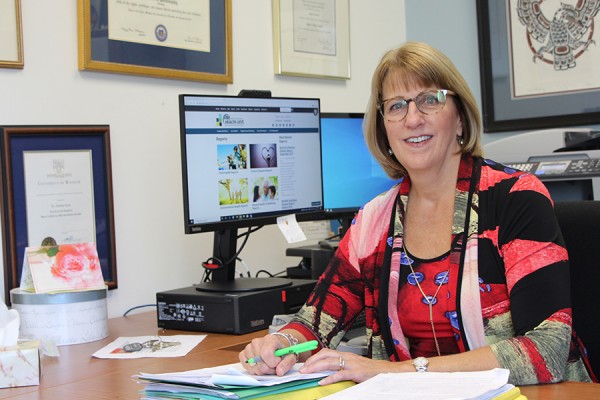
Study to focus on cancer patients in the workplace If you break a leg, there is a very good chance your workplace is going to do what it can to allow you to keep working, within reason of course. But what if you have cancer? Things can really differ from one workplace to another. A team of researchers at the University of Windsor is trying to get a handle on that. Listen to the November 29, 2021 CBC Radio interview with Debbie Kane, Acting Dean of Graduate Studies, University of Windsor: https://www.cbc.ca/listen/live-radio/1-106/clip/15881331 Related: (Published November 29, 2019) Accommodating cancer patients and survivors in the workplace is the focus of a new study led by UWindsor nursing professor Debbie Kane. Dr. Kane has teamed up with psychology professor Kathryn Lafreniere, nursing professor emerita Dale Rajacich, and Windsor Regional Cancer Centre oncologist Caroline Hamm to survey 300 local workers who have undergone cancer treatment or are currently in treatment. They want to gauge the impact of employment on cancer patients’…

December think tank session to spark health research collaboration Do you like to discuss new ideas? Solve problems? Make new connections? WE-Spark Think Tanks may be for you. The Dec. 3 event will begin with an update on local health research activities and new funding opportunities, followed by an overview of three projects that are looking for creative input and breakout sessions: Pharmacogenomics using patient-derived glioblastoma models Ana C. DeCarvalho, Henry Ford Hospital, Department of Neurosurgery All areas of science and clinical backgrounds welcome, including students. Establishing cognitive health research in Windsor-Essex: challenges and opportunities Kristoffer Romero, University of Windsor Department of Psychology Seeking physicians (neurologists, psychiatrists, physiatrists, geriatricians) in hospitals and community medical clinics and community organizations relevant to older adults, from those providing recreation and maintaining aging in place, to those who deal with older adults with dementia. Students also welcome. Exploring solutions…
University of Windsor is at the leading edge of science research University of Windsor science faculty, staff and students are conducting cutting-edge research. Meet some of our amazing and inspiring researchers.
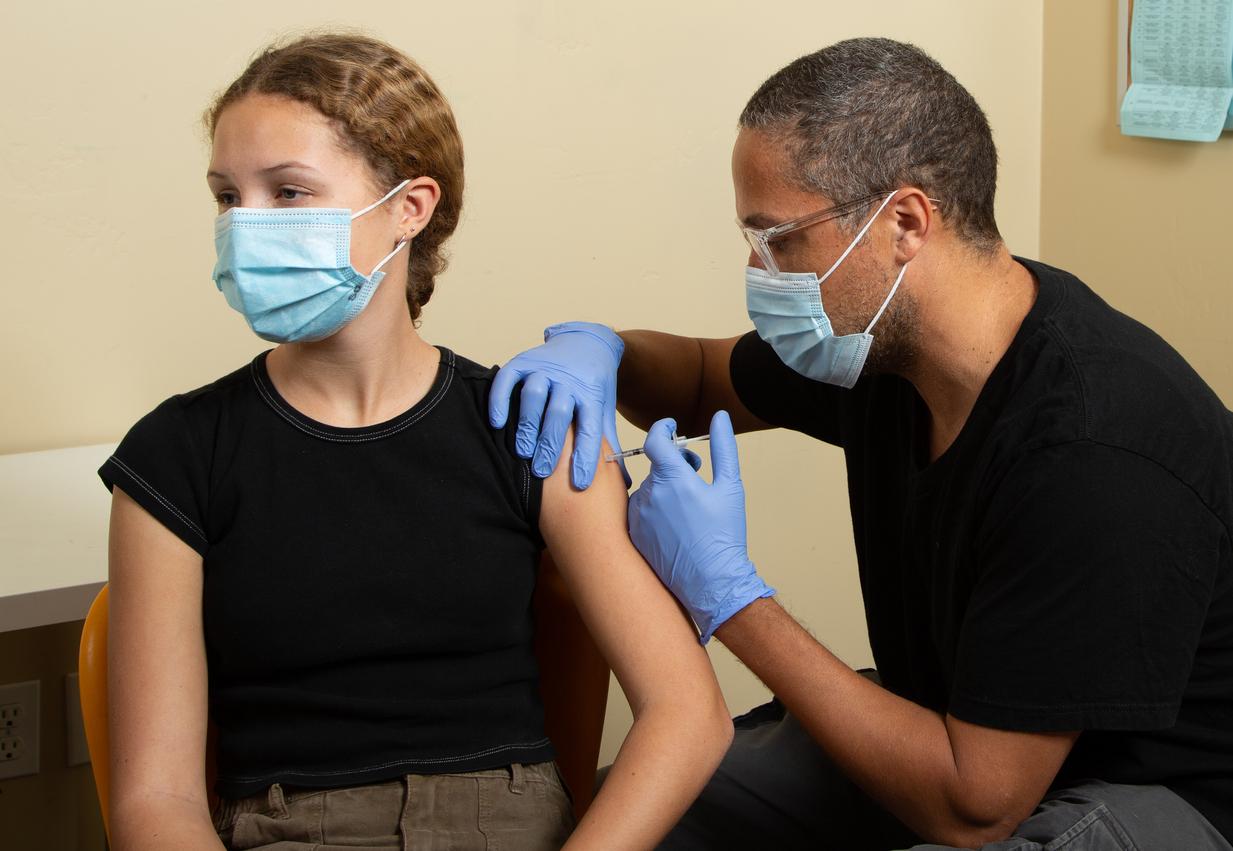
Upcoming Event Focused on Addressing Vaccine Hesitancy Among Youth (Photo: Side Show Stock / iStock) A local group is trying to address COVID-19 vaccine hesitancy among youth. The WE-SPARK Health Institute is getting set to host a student-led event to talk about the issue which will feature will feature a panel including a science expert, frontline worker and college and university students focused an answering any unanswered questions. University of Windsor professor Dora Cavallo-Medved will be taking part and says peer to peer advice can go a long way. "Having our students really being at the leading edge of this to share their stories, their experiences really allows them to take this leadership role and really speak to their peers about what those hesitancies are, and more importantly, how we can build confidence in the vaccines that are out there," says Cavallo-Medved. She says many students are on the fence about getting the shot. "Students, like everyone else, definitely have a lot of questions," she says. "They have…
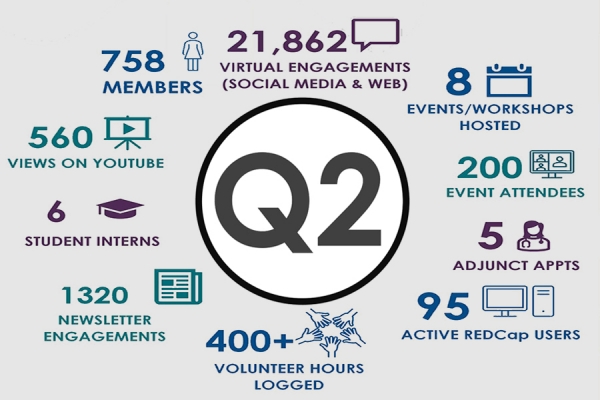
Report highlights progress by WE-Spark Health Institute WE-Spark Health Institute has released its second quarterly report from its third year of operation, highlighting key metrics from August to October 2021. The report communicates outcomes and provides accountability to its members and the Windsor-Essex community. Highlights include: doubled the number of student volunteers, logging more than 400 hours and completing 16 projects; received approval on a Masters in Translational Health Research program, launching April 2022; launched a new app interface that connects the research community using a mobile device; hosted eight events, including a town hall meeting, think tanks, and knowledge translation workshops; added a dedicated equity, diversity, and inclusion section to its website, including an action plan; and facilitated four clinical assistant professorships and one professor of practice. Read the report here. Courtesy: https://www.uwindsor.ca/dailynews/2021-11-15/report-highlights-progress-we-spark-health-institute

Students lead campaign to address vaccine hesitancy Comic-style graphics address concerns around vaccines in a student-led social media campaign launched this month. Loretta Sbrocca, a Master of Education student, signed on to a project promoting confidence in vaccination against COVID-19 in hopes of making an impact. “I lost a family member to COVID-19, so this is how I can put my skills and knowledge and education to use and prevent others from feeling that pain,” she says. “Joining the Students Sparking Vaccine Confidence project was my chance to protect my community and bring reliable information to the underrepresented groups.” The project has brought together a multidisciplinary team of students from the University of Windsor and St. Clair College to address concerns among young people in Windsor-Essex about inoculation. The students have launched a social media campaign in the form of graphic representations of peer-to-peer conversations. Two of the comic-style strips have been published, with the series projected to continue…
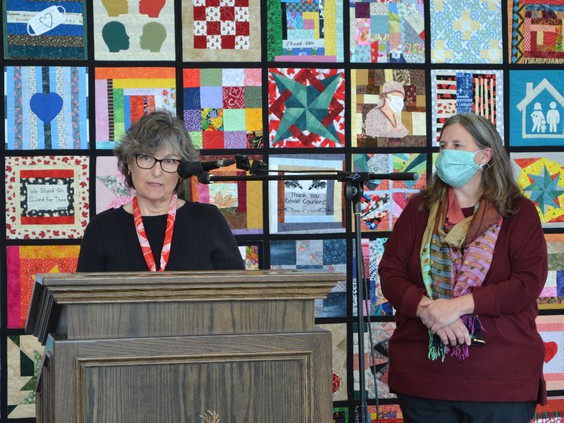
Community quilt 'Made With Love' adorns Windsor City Hall lobby Patricia Savage, left, and Rebecca Rudman, co-founders of the Windsor Essex Sewing Force, speak about the community quilt created by the Windsor Essex Sewing Force and exhibited in the lobby of Windsor City Hall on Thursday, Oct. 28, 2021. PHOTO BY JULIE KOTSIS /Windsor Star Crafted from scraps of material left over from the production of 64,000 handmade masks and scrub caps, Windsor Essex Sewing Force’s community quilt is a legacy of collaboration. The 180 block quilt, unveiled Thursday morning during a ceremony at city hall, hangs on a custom-made display stand constructed by the Art Gallery of Windsor. It will be on view in the lobby of Windsor’s city hall for six weeks. Titled Made With Love: Windsor-Essex Community Responds to the Pandemic, the 30-foot-long by six-foot-high quilt is a reflection of how far the community has come since the start of the COVID-19 pandemic in March of 2020, said Mayor Drew Dilkens. Dilkens recalled the beginning of the pandemic, the fear in the…
Newsletter highlights achievement in science The Fall 2021 edition of Science Matters highlights science achievements, from people to research. Each season, the Faculty of Science creates a newsletter highlighting science achievements — from people to research. The latest edition features award-winning faculty and students, the inaugural research chairs, pertinent COVID research, and more. Read the Fall 2021 edition of Science Matters. Courtesy: https://www.uwindsor.ca/dailynews/2021-10-27/two-speakers-human-kinetics-agenda-friday
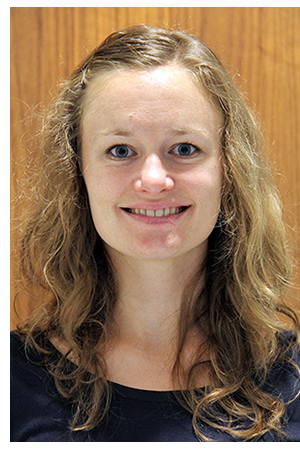
Two speakers on Human Kinetics agenda Friday The latest entry in the Human Kinetics Distinguished Speakers’ Series will feature two members of the UWindsor kinesiology department: Sara Scharoun Benson and Francesco Biondi. Dr. Scharoun Benson will present a talk entitled “Coming Full Circle.” She has established a generative and externally funded program of research in motor behaviour, focusing primarily on understanding similarities and differences in typical development and in autism spectrum disorder. Dr. Biondi will discuss his work examining human-machine interaction in transportation and manufacturing in his presentation, “Multitasking: The Hidden Connection between Elon Musk's Lies and Zoom Fatigue.” He leverages his background in cognitive science to understand how attention functions when allocated to multiple activities. The one-hour event will begin at noon Friday, Oct. 29, as a videoconference. It is free and open to the public; join here on Microsoft Teams. Courtesy: https://www.uwindsor.ca/dailynews/2021-10-27/two-speakers-human-kinetics-agenda-friday











